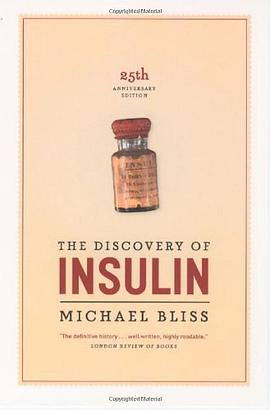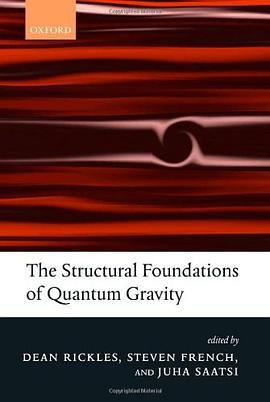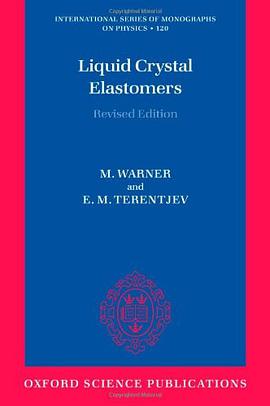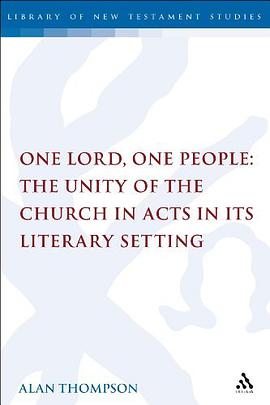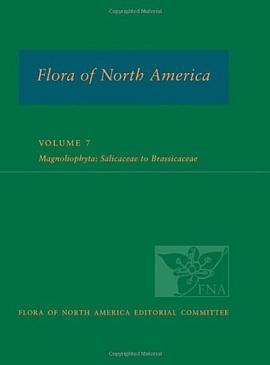
具体描述
In six years, Galileo Galilei went from being a mathematics professor to a star in the court of Florence to a target of the Inquisition. And during that time, he made a series of astronomical discoveries that reshaped the ideas of the physical nature of the heavens and transformed him from a university mathematician into a court philosopher. Galileo's "Instruments of Credit" proposes radical new interpretations of key episodes of Galileo's career, including his telescopic discoveries of 1610, the dispute over sunspots, and the conflict with the Holy Office over the relationship between Copernicanism and Scripture. Galileo's tactics shifted as rapidly as his circumstances, argues Mario Biagioli, and these changes forced him to respond swiftly to the opportunities and risks posed by unforeseen inventions, other discoveries, and his opponents. Focusing on the aspects of Galileo's scientific life that extended beyond court culture and patronage, Biagioli offers a revisionist account of the different systems of exchanges, communication, and credibility at work in Galileo's career. Galileo's "Instruments of Credit" will fascinate readers interested in the history of astronomy and the history of science in general.
作者简介
目录信息
读后感
评分
评分
评分
评分
用户评价
相关图书
本站所有内容均为互联网搜索引擎提供的公开搜索信息,本站不存储任何数据与内容,任何内容与数据均与本站无关,如有需要请联系相关搜索引擎包括但不限于百度,google,bing,sogou 等
© 2026 qciss.net All Rights Reserved. 小哈图书下载中心 版权所有



